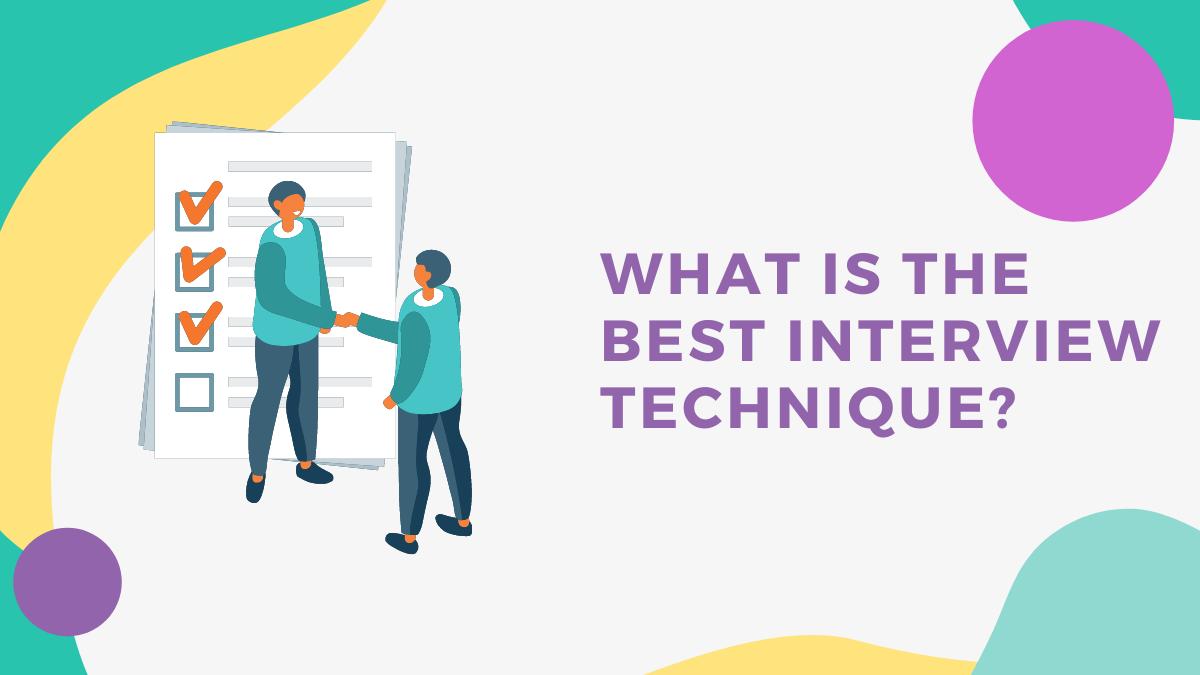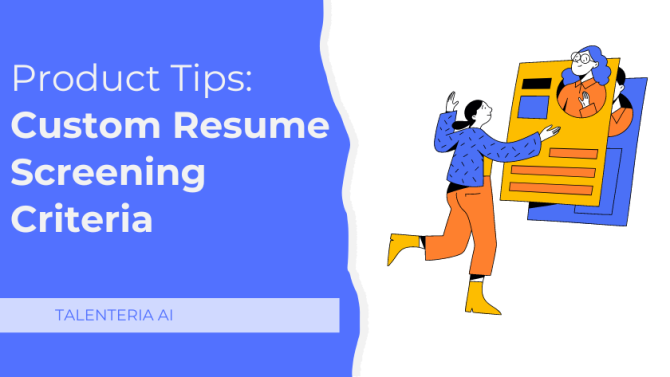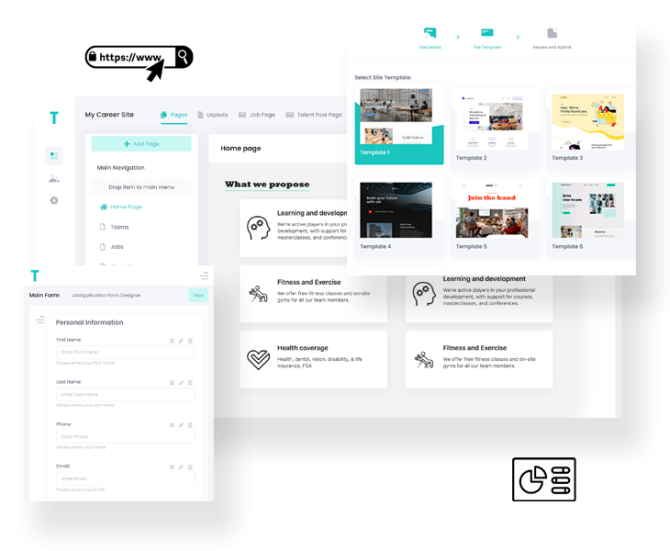
Interviewing is the process of exchanging information between two (or more) people. In the HR industry, a job interview is particularly important is every hiring manager is eager to find the perfect, most suitable candidate for an open position.
A job interview is usually the last step of a hiring process; however, it is often the longest one and might consist of multiple mini-steps. Based on how well a candidate performed during an interview, an HR manager will either choose them or proceed to hire another person.
There are numerous websites offering useful tips for job-seekers to make a great impression on a recruiter and, ideally, get hired. But not all hiring managers ever think about how to impress a candidate, which is a huge mistake.
It’s not just recruiters who get to choose – candidates, too, should be excited enough to want to accept a job offer if you give them one. So instead of asking simple questions that you already know the answers to after looking through their resume, try different interview techniques to attract the best candidates.
We will discuss the parts an effective job interview consists of, and we highly recommend implementing those to your hiring process to provide your company with top employees.
Best Techniques for a Successful Job Interview
Thanks to our long-time experience in the HR industry, we feel confident enough to share the following techniques for a successful job interview.
1. Traditional Job Interview
It’s safe to say that any hiring manager is familiar with this type of job interview. This is where you ask candidates questions about their biography, past work experience, and skills to see if they are a good fit for your position.
Since it’s the most commonly used type of job interview, recruiters have come up with different variations. A traditional interview can be structured or unstructured, conducted with a group of candidates or just one, on the phone or face-to-face, etc.
While an interview like that can be effective in some industries, it does not work in others. For instance, it is not designed to evaluate candidates’ soft skills or find their weaknesses. It only provides a dry conversation between two people interested in getting it done as quickly as possible, which isn’t necessarily a bad thing, but, as mentioned before, it may not be enough for some spheres.
2. Job Audition
Job audition, or job simulation, is an innovative practice created to help hiring managers predict whether a candidate is able to do work properly.
During a job simulation, you ask the candidate to complete an assignment which they will be dealing with on a regular basis if they actually get hired. Job auditions don’t imply discussing candidates’ experiences and skills, but instead, you get the chance to observe their performance firsthand.
Furthermore, this practice is extremely useful for candidates themselves, too, as they get a picture of what their day-to-day job in your company will be like and can evaluate how interesting they find their possible responsibilities. In other words, it’s like a free trial with limited features!
Job auditions can take different forms as well. For instance, instead of asking a person to complete a task, you can invite them to a brainstorming session together with your current employees and see if the candidate has the problem-solving skills needed for your open position.
3. Casual Job Interview
Another unusual interview technique is a so-called casual interview, which takes place outside the office in a more informal atmosphere. Typically, an interview like this is conducted over a meal. This is a great way to observe your candidate in a casual setting.
Casual interviews are particularly beneficial in those industries where interpersonal communication and social skills play a big part. So, if you need a person to really open up and assess their emotion control and communication skills, consider inviting them for breakfast or lunch.
Because most candidates are still used to traditional forms of a job interview, being invited to a restaurant will certainly make them feel very special, and you, as an employer, will surely receive extra points, increasing your chances of having your possible job offer accepted by said person.
Some recruiters go further and deliberately ask the waiter to mess up their candidate’s order in advance to see their reaction and assess their problem-solving skills. Very clever, right?
4. Virtual Job Interview
A virtual job interview is not to be confused with a remote interview. The former is conducted with the help of modern virtual reality (VR) or AR (augmented reality) technologies.
Recruiters can use this technique to take candidates on a virtual tour around the office, imitate a flight for pilots, and more. The possibilities of VR practices are truly unlimited.
Again, a virtual job interview experience can be very exciting for a candidate who may become even more interested in working for your organization, so if you have an opportunity to conduct an interview like that, don’t hesitate to do so – the favorable candidate will definitely appreciate and love it.
5. “Selling the Job” Interview
As a hiring manager, you know that interviewing an inexperienced person and a top-class candidate requires extremely different techniques to follow.
When you’re conducting an interview with a high-level professional, you don’t really have to evaluate their skills. Instead, you want to impress them with your company and your job so that they pick you and no other organization.
In other words, you need to act as a salesperson, “selling the job” and making sure the candidate is aware of all the benefits you’re offering.
Such an interview implies using many different tactics, from highlighting promotional opportunities and emphasizing your awesome company culture to providing some interesting details about your organization’s history and talking about your future plans.
Simply put, you should rather concentrate on a candidate’s needs, demonstrating how working for your company will make their dreams come true.
What Is the Right Interview Technique for You?
It is essential to choose the right interview technique to find the perfect candidate. Today, when the employment rate is lower than it has ever been, it is especially hard to attract the best talent to your company.
Try different techniques to see which work and which don’t. Whatever type of interview you’re conducting, make sure you make it interesting and productive for both parties.
Give a Great Candidate Experience
Because recruiters conduct multiple job interviews every single day, they often become a routine, and HR managers eventually stop trying to provide their candidates with the best candidate experience. However, it’s only during the interview when the person decides whether they actually want to work for your organization.
It’s great you’ve decided to reconsider your job interview practices, but what if you have no idea where to begin? Thanks to Talenteria, our recruitment marketing platform, you will be able to broadcast your job vacancies and get top talents on board! Sign up for a demo today to learn more.






